ESR1 – Strategies for building data capacity
Objective: To raise data awareness and to build digital capacity to empower civil society in finding solutions and to take
ODECO is a 4-year Horizon 2020 Marie Skłodowska-Curie Innovative Training Network initiative (H2020-MSCA-ITN-2020, grant agreement 955569). The central aim of the ODECO consortium network is to train the next generation of creative and innovative early stage open data researchers, to unlock their creative and innovative potential to address current and future challenges in the creation of user driven, circular and inclusive open data ecosystem.
The programme runs between October 2021 and September 2025 and will deliver 15 PhD degrees, in joint supervision and training between the public and private sectors.

ODECO offers 15 PhD projects for Early Stage Researchers (ESRs), each of them covering a specific part of the open data ecosystem supervised by leading European beneficiaries.
| WP No. | WP Title | Activity Type | Lead Beneficiary | ESR involvement |
|---|---|---|---|---|
| 1 | Training | Training | TU DELFT | All |
| 2 | From supplier driven to a user driven open data ecosystem | Research | UNIZAR | ESR1-7, 9-15 |
| 3 | From a linear to a circular open data ecosystem | Research | AAU | ESR1,2,8-15 |
| 4 | From an exclusive to an inclusive open data ecosystem | Research | UNICAM | ESR1,2,5,9,13,15 |
| 5 | Towards a sustainable open data ecosystem | Research | UAEGEAN | All |
| 6 | Communication and Dissemination | Dissemination | KU LEUVEN | All |
| 7 | Management and coordination | Management | TU DELFT | All |
| 8 | Ethics requirements | Management | TU DELFT | All |
Objective: To raise data awareness and to build digital capacity to empower civil society in finding solutions and to take
Objective: To design user driven UIs for finding data that fulfils different findability requirements from different domains (non-professionals, data journalists,
Objective: To analyse and assess the value that is created and captured in open data ecosystems, in order to contribute
Objective: To design new legal instruments to include private actors as producers and sharers of (open) data and data generated
Objective: To design and develop tools that improve the technical interoperability of open government and non-government data at platform level,
Objective: To develop strategies to engage local government in the open data ecosystem to create an open data ecology in local
Objective: To enable the web of data by enhancing the semantic interoperability between sectoral and domain specific data models and ontologies.
Objective: to develop methods and tools that, from a technological point of view, close the open data cycle by delivering
Objective: To develop an open data quality validator including government and other data. By collecting, analysing and comparing open data
Objective: To develop new methods and processes for integrating collection, interpretation, and exploitation of open data in elementary public school
Objective: To investigate the influence of resources provided by NGOs on the usability of open government data. By using a
Objective: To identify the role and responsibilities of the central/regional government in the open data ecosystem as a user from
Objective: To develop a governance framework for the co-creation of public services by governments and companies. By using a design
Objective: To investigate how Artificial Intelligence (Algorithms) and Collective Intelligence (AI & CI) approaches can be shaped to foster access
Objective: To improve the understanding of the roles of intermediaries in the open data ecosystem and to design business strategies
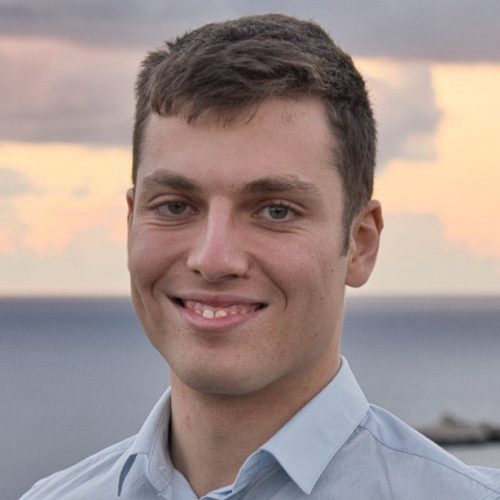
PhD student (ESR01)
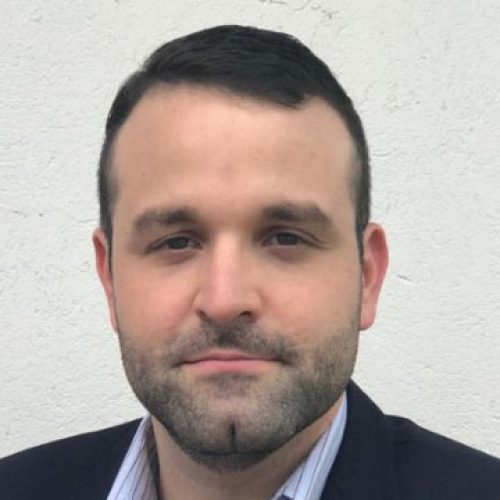
PhD student (ESR02)
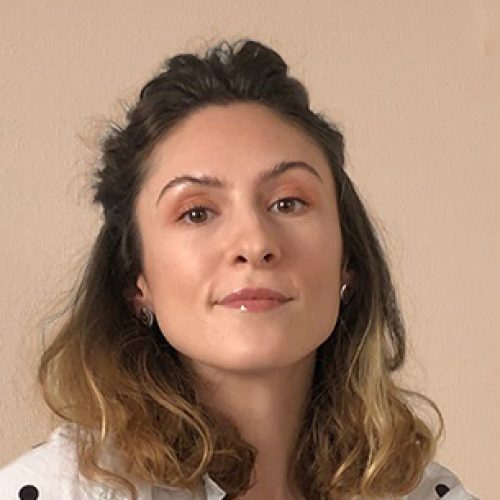
PhD student (ESR03)
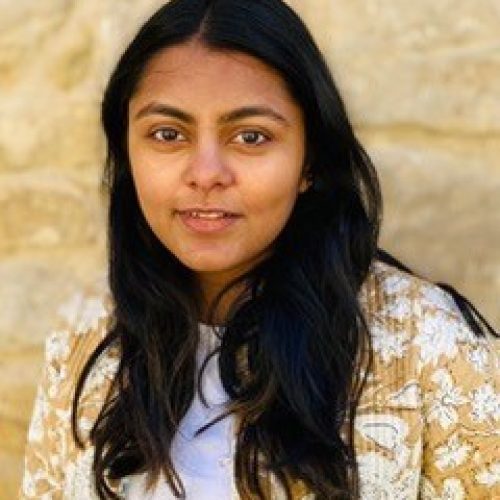
PhD student (ESR04)
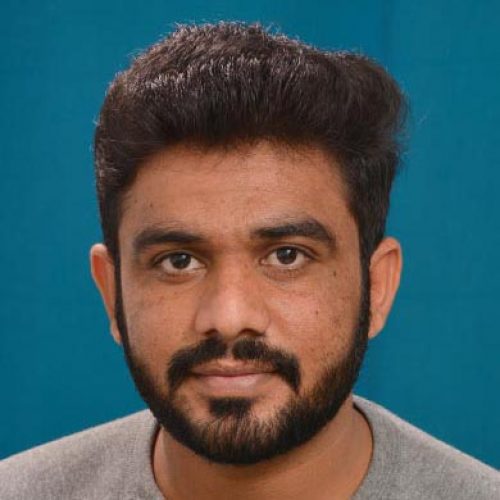
PhD student (ESR05)
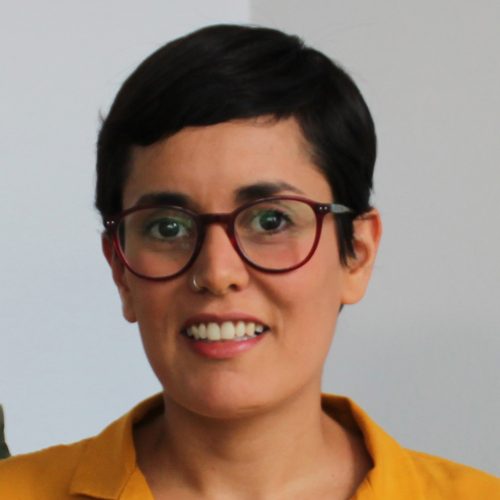
PhD student (ESR06)
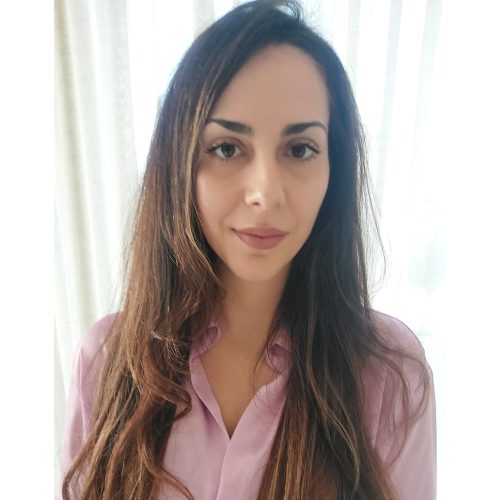
PhD student (ESR07)
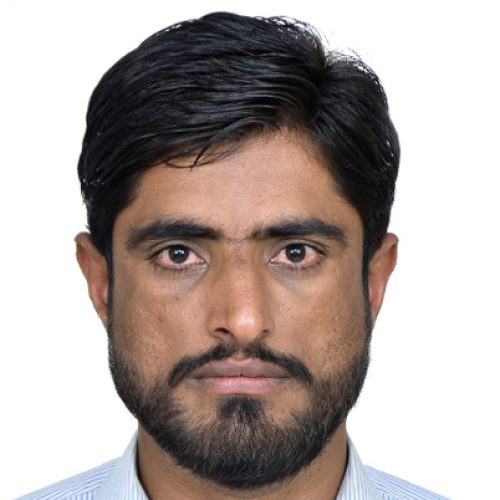
PhD student (ESR08)
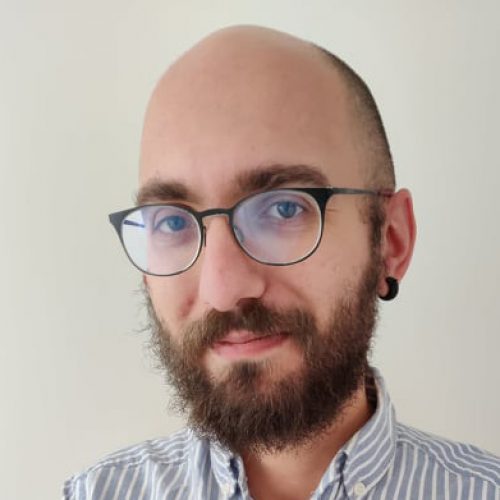
PhD student (ESR09)
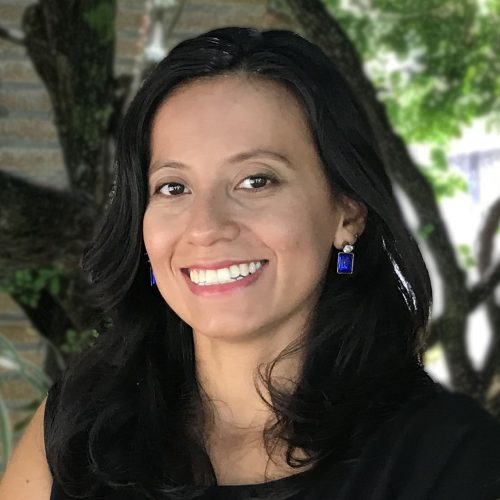
PhD student (ESR10)
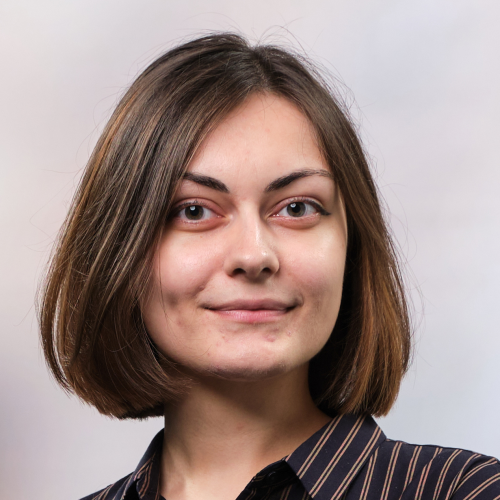
PhD student (ESR11)

PhD student (ESR12)
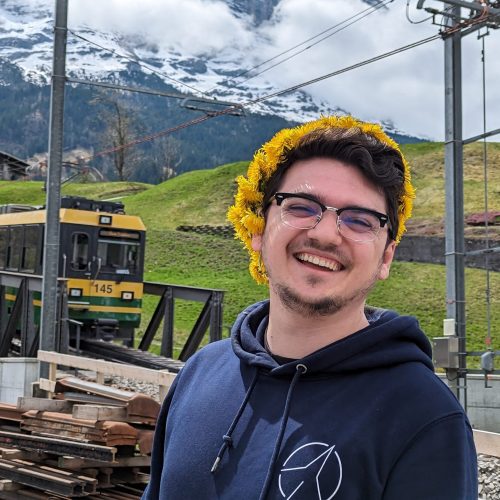
PhD student (ESR13)
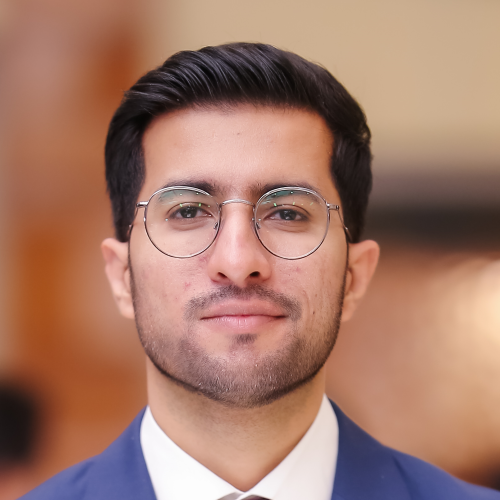
PhD student (ESR14)
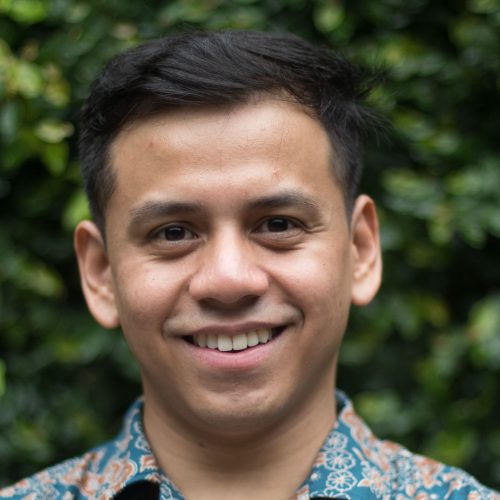
PhD student (ESR15)
ESRs will be supervised at the host beneficiary by a team of experienced supervisors. Each supervisor has experience in supervising research. Each ESR will have an academic supervisor in the institute where they enrol. ESRs performing their training and research at a non-academic beneficiary will be supervised by an experienced supervisor from a university.
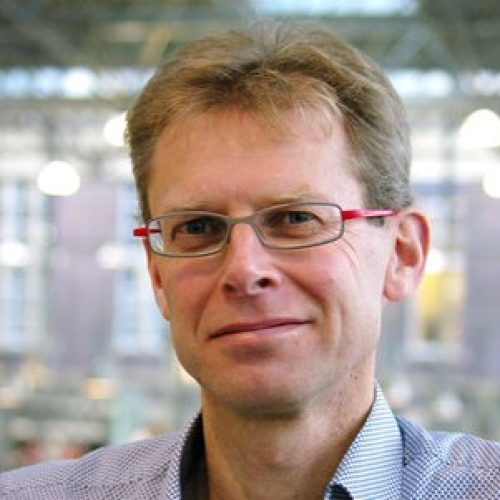
Associate Professor & Scientific Project Coordinator, TU DELFT
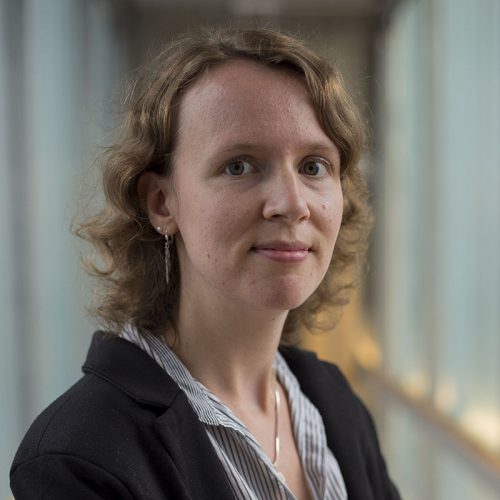
Assistant Professor, TU DELFT
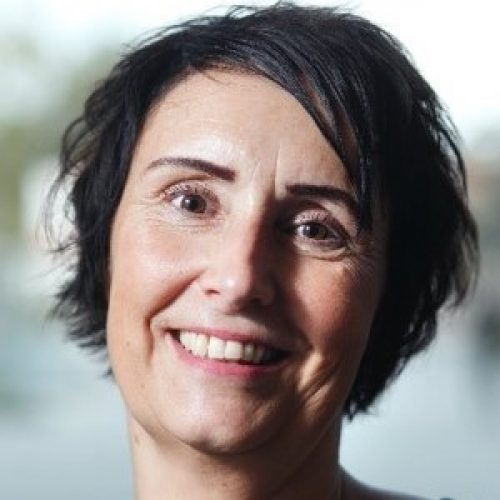
Associate Professor,
TU DELFT
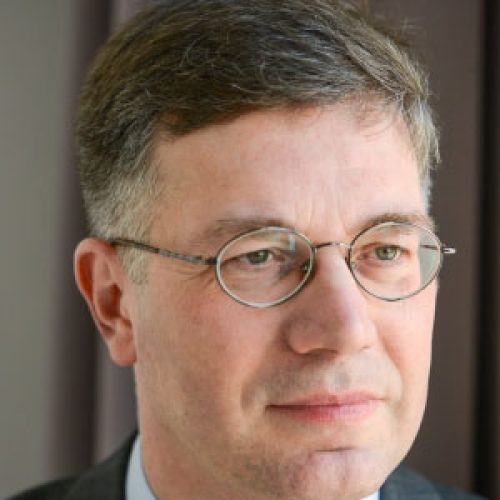
Associate Professor, TU DELFT
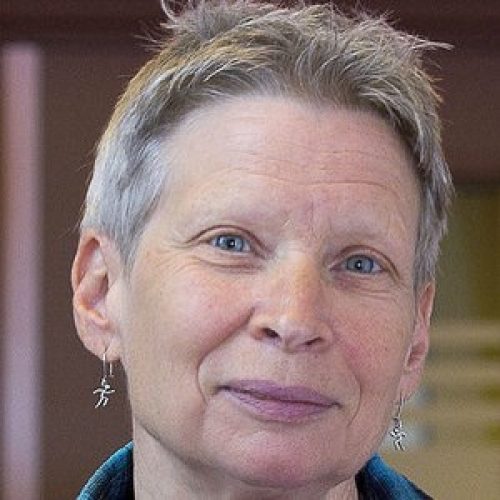
Researcher, TU DELFT
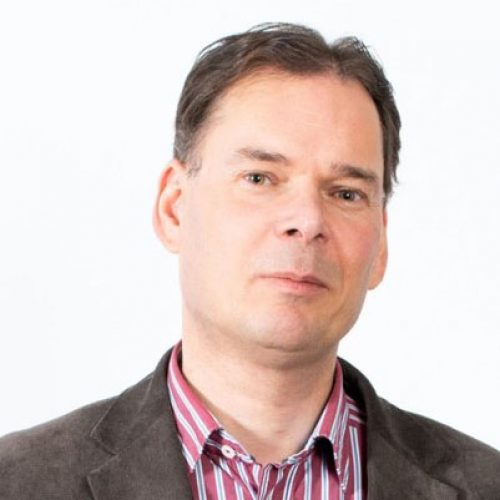
Professor, TU DELFT
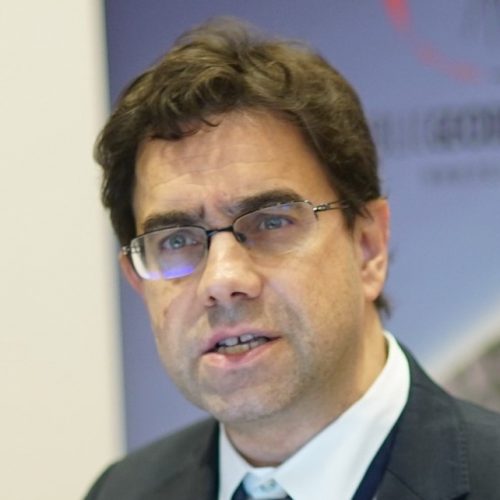
Professor, KU LEUVEN
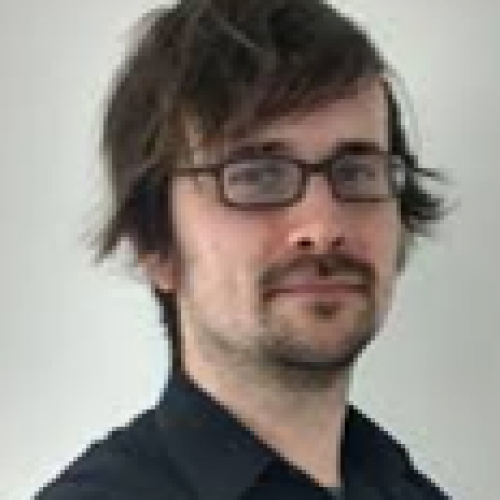
Senior Researcher, KU LEUVEN
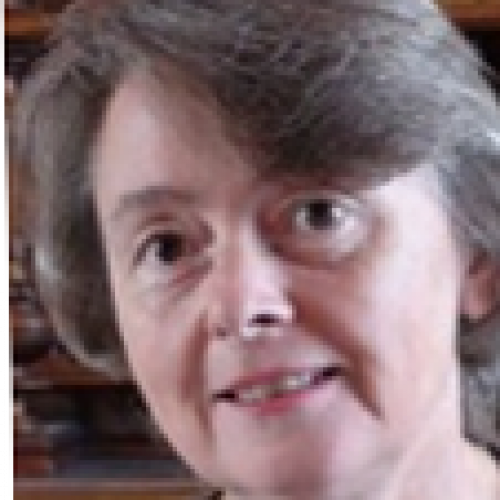
Professor, KU LEUVEN
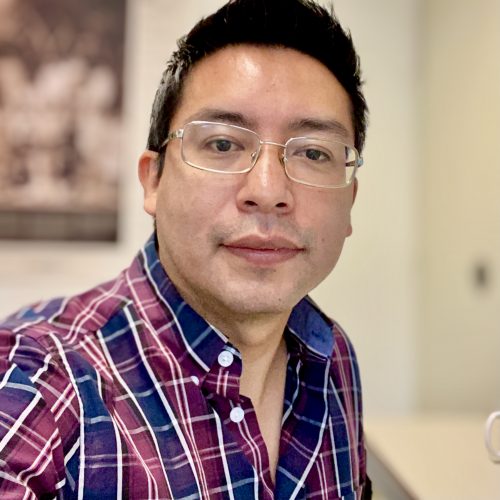
Postdoctoral Research Associate, KU LEUVEN
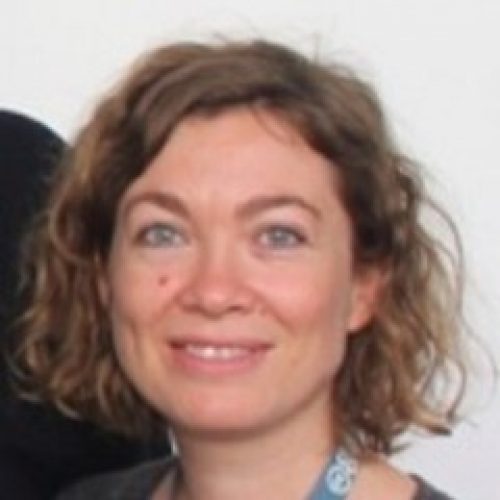
Associate Professor, CNRS

Associate Professor, UNIZAR
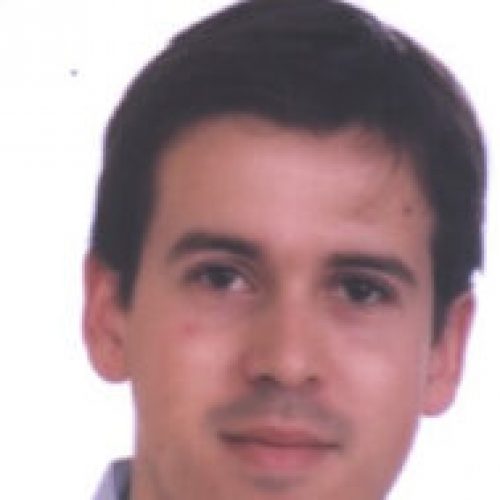
Associate Professor, UNIZAR
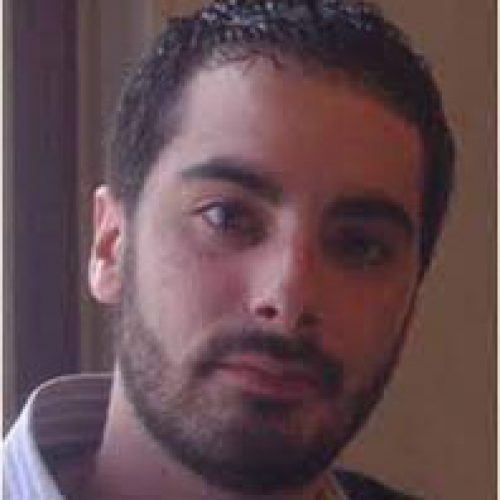
Senior Researcher, UAEGEAN

Associate Professor, UAEGEAN
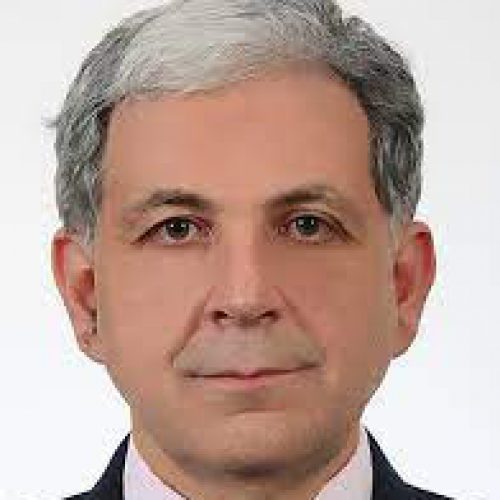
Professor, UAEGEAN
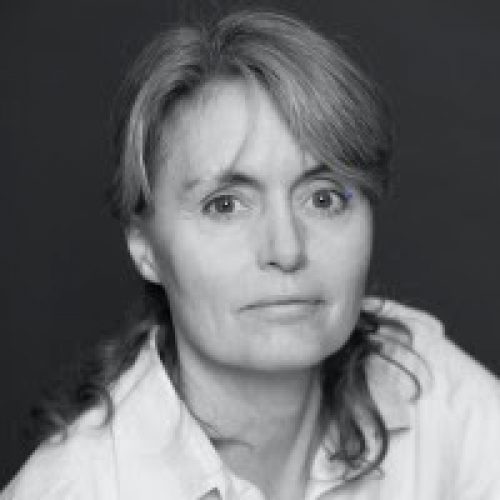
Professor, AAU
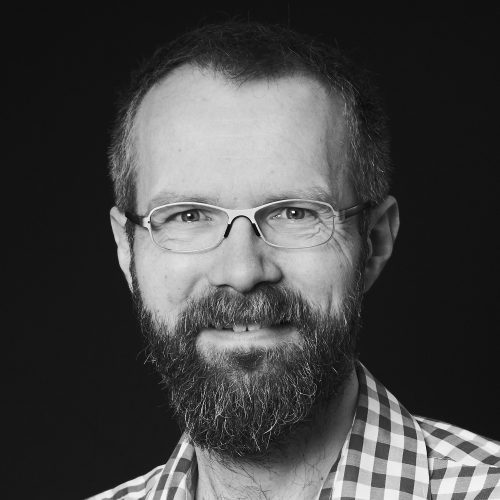
Professor, AAU
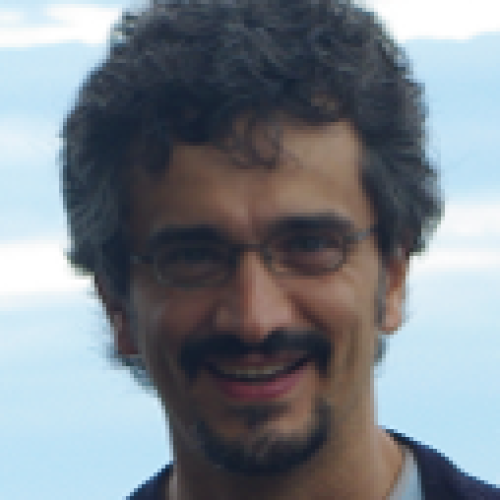
Full Professor, UNICAM
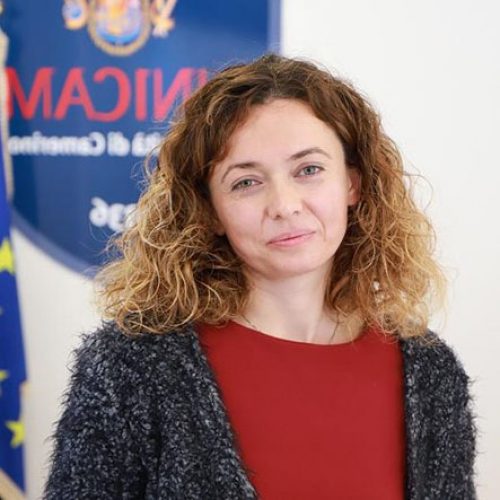
Assistant Professor, UNICAM
The Supervisory Board is the primary management structure within ODECO. The SB is responsible for overseeing the quality of the network-wide training of ESRs and for ensuring that scientific/technological training is balanced with transferable skills training appropriate to the needs of each recruited researcher. The Supervisory Board will also oversee the quality and quantity of supervision of the ESRs.

Associate Professor & Scientific Project Coordinator, TU DELFT

Associate Professor, KU LEUVEN

Associate Professor, CNRS

Associate Professor, UNIZAR

Senior Researcher, UAEGEAN

Associate Professor, AAU

Associate Professor, UNICAM
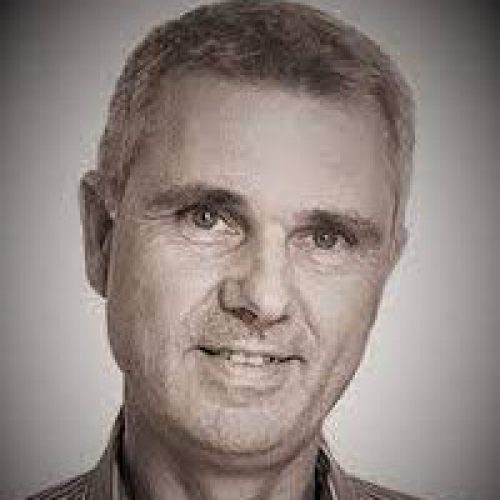
Chief Editor, FAROSNET/HUFFPOST
The project coordination in ODECO is performed at two levels:
The scientific coordinator and the project coordinator work closely together to guarantee a smooth project communication internally (within the project) and act as the intermediary between the project beneficiaries and the external funding authority the European Union and the public at large.

Associate Professor & Scientific Project Coordinator, TU DELFT
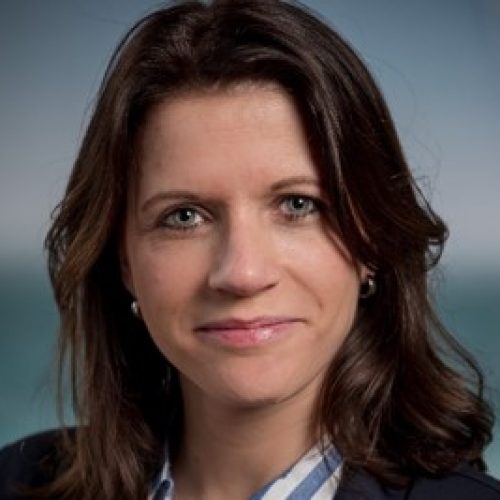
Project Coordinator, TU DELFT
Distributed among the 8 beneficiaries, 15 ESRs will be recruited and involved in the ODECO training programme. Being part of the ODECO network offers unique possibilities for individual fellow research trainings, an online training programme, and five training weeks hosted at European project beneficiaries for all ESRs. Training will be delivered through 5 types of training activities:
The ODECO consortium is an integrated team of beneficiaries and partners. The beneficiaries are composed of European top universities and a research institute with extensive expertise in high-quality open data research, including both governance and technical aspects. The beneficiaries joined forces with a number of partner organizations, which results in a network in nine European countries (NL, BE, FR, ES, IT, EL, DK, IE, FI). Together, they are covering multiple domains from the public, private, academic, and non-profit sectors.
ODECO it’s most recent publications, such as conference papers, journal articles, can be found on the ODECO community on Zenodo.
The ODECO Newsletters are available here:

| Deliverable number | Deliverable title | Download |
|---|---|---|
| D1.3 | Training Week 1 ‘Understanding open data as an ecosystem’ | download |
| D1.4 | Training Week 2 ‘Towards a user driven open data ecosystem’ | download |
| D1.5 | Training Week 3 ‘Towards a circular open data ecosystem’ | download |
| D1.6 | Training Week 4 ‘Towards an inclusive open data ecosystem’ | download |
| D1.7 | Training Week 5 ‘Towards the Open Data Ecosystem’ | downlaod |
| D2.1 | Open data user needs: seven flavours | download |
| D2.2 | User needs from a technical perspective | download |
| D2.3 | User needs from a governance perspective | download |
| D3.1 | Closing the cycle: Understanding potential contributions of open government data users to the open data ecosystem | download |
| D3.2 | Closing the cycle: Promoting open data users' contribution from a technical perspective | download |
| D3.3 | Closing the cycle: Promoting open data users’ contribution from a governance perspective | download |
| D4.1 | Motivations of non-government actors and data holders to become active contributors to the open data ecosystem | download |
| D4.2 | An approach to steer the behaviour of non-government data holders towards open data through a technical strategy | download |
| D4.3 | An approach to steer the behaviour of non-government data holders towards open data through a governance strategy | download |
| D5.1 | Models of allocating roles, tasks and responsibilities in open data ecosystems | downlaod |
| D5.2 | Strategies to balance and distribute value in open data ecosystems | download |
| D6.1 | Communication and public engagement plan | download |
| D6.2 | Platform, website and web 2.0 channels | download |
| D6.3 | Open Data and the Citizen campaign | download |
| D6.4 | Dissemination and public engagement events with partner organizations | donwload |

This project has received funding from the European Union’s Horizon 2020 research and innovation programme under the Marie Skłodowska-Curie grant agreement No 955569.